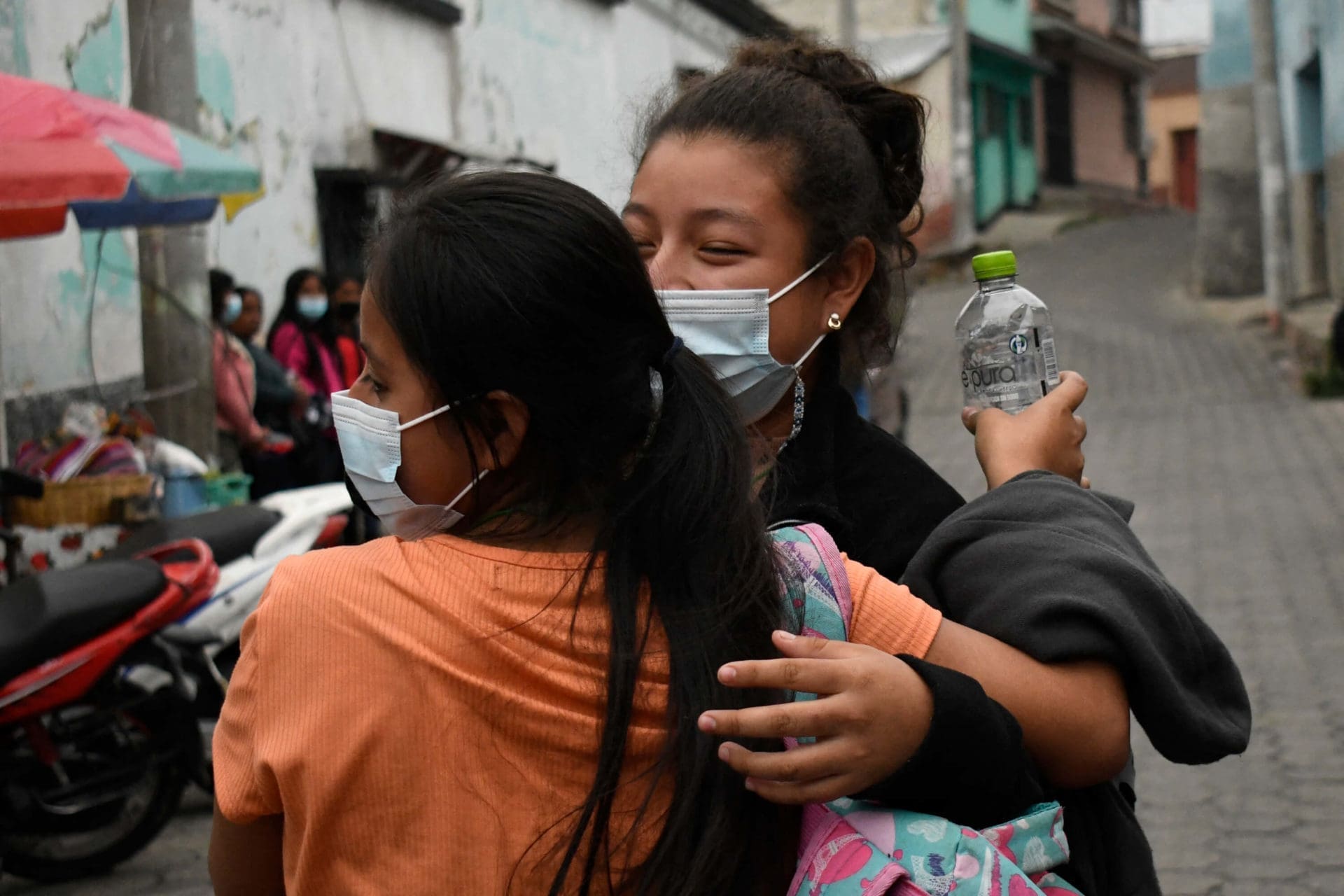
KIND recognizes International Day for the Elimination of Violence Against Women
November 23, 2022

Gender-based violence is one of the primary reasons immigrant and refugee women and girls flee their homes to seek safety. Their countries cannot or will not protect them from this pervasive violence. Women and girls, including many children who travel alone, risk the journey to seek safety despite the well-known risks of further gender violence, trafficking, and other forms of harm and abuse along migration routes. LGBTQ+ children face particularly heightened risk both in their countries and during migration.
Many of the children KIND serves are survivors of gender-based violence that they experienced in their home country, on the dangerous journey to the United States, or both. In addition to providing legal representation and social services to our client survivors, KIND’s Gender and Migration Initiative focuses on preventing and addressing sexual and gender-based violence against migrant children. The initiative combines research, policy advocacy, and programming to promote the rights and protection of migrant children, including survivors of gender-based violence, in all phases of a child’s migration journey. Our partners in Central America engage children and adolescents from high migration communities in gender-based violence prevention programming and girls from these communities in leadership programming.
In 2017, KIND published a report on sexual and gender-based violence against Central American migrant and refugee children based on a study that examined the relationship between violence and child migration from Central America. The report, titled Childhood Cut Short, describes the pervasiveness of gender-based violence against these children and the lack of support for survivors and impunity for the perpetrators.
In 2021, KIND published another report, Dual Crises: Gender-Based Violence and Inequality Facing Children and Women During the COVID-19 Pandemic in El Salvador, Guatemala, and Honduras, detailing how the COVID-19 pandemic has led to a dramatic increase in gender-based violence.
Many of the children KIND serves are survivors of gender-based violence that they experienced in their home country, on the dangerous journey to the United States, or both.
Migrant Children’s Stories
This is the story of Silvia, a teenage girl from Honduras who suffered gender-based violence in her community.
Advocates have protested and organized against gender violence worldwide for many years. In 1981, women’s rights activists at the first Latin American and Caribbean Feminist Encuentros (Encounters) conference in Bogota, Colombia, declared November 25 El Día de La No Violencia Contra La Mujer –The Day of Non-Violence Against Women. The date was chosen to honor the Mirabal sisters, three sisters from the Dominican Republic who were brutally assassinated on November 25, 1960 because of their identity as women and activism against the government of President Rafael Trujillo.
In 1993, the United Nations General Assembly adopted Resolution 48/104 for the Elimination of Violence Against Women, and in 2000, proclaimed November 25th as the International Day for the Elimination of Violence Against Women. The day marks the beginning of 16 days of Activism against Gender Violence, culminating on December 10th which is recognized as International Human Rights Day.
A 17-year-old migrant girl from El Salvador who was held in three detention facilities in Mexico shares her experiences.
Over the past decades, feminists and activists have done critical work and organizing to help raise awareness about how pervasive rape, sexual assault, and other forms of gender-based violence are and how patriarchy perpetuates violence against women. And yet, over thirty years after this day was first recognized, violence against women continues to be a common problem worldwide.
Violence against women and girls must end. KIND joins people and organizations worldwide in denouncing all forms of violence against girls and women and working toward a future in which women and girls are free from violence. KIND is committed to working towards the protection and safety of all migrant and refugee children, and we will continue our efforts to address the specific vulnerabilities of girls and help end violence against women and girls.
